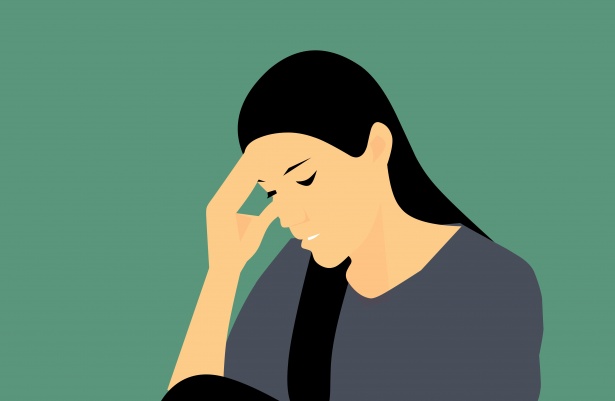How is Music Related to Mental Health?


Music acts as a mechanism that helps to process emotions and can be exploited as a calming agent, or medicine for grief. It is honestly a fundamental attribute to almost every animal species, from humans to birds. All animals have their own form of music, which is special to their species, but why? What is so important about music? Many recent studies have shown that music therapy has a huge impact on mental health ailments, such as depression, and trauma. There are 4 major parts to music: lyric analysis, improvisation, music listening, and songwriting.
Lyric Analysis: Lyric analysis, as most of us know it, is usually a story embedded in a song. Various pop and classical vocal songs hold deep meaning, many of which are heartbreaking or show suffering. What this part of music does for a patient, is give them a chance to connect with the song, and think about how it is similar to what they are going through, for many mental health patients are going through pain and heartache themselves.
Improvisation: Playing instruments can often trigger an emotional response, and get patients with various conditions to open up. Improv (Improvisation), can help to connect music with a patient’s current situation. For example, a storm could represent grief. They could do this by playing many harsh instruments, like drums. This can help them realize what they are really going through, and give them something to think about.
Listening to Music: Music listening activates our brains’ neocortex, along with many other positive effects on the mind. But somehow, listening to music can make us remarkably sad. Doctors have come up with a solution to moving patients into a depressive, angry, or anxious state of mind. To alter the mood, doctors have found that playing music that resembles patients’ current mood, and then slowly, progressively switches to more positive music, to lighten the mood, helps. This specific way of listening to music caters to both the dark side of the patient, and small part of them that is happy.
Songwriting: Songwriting presents an opportunity for patients to reflect on, and describe their experiences, and inner emotional thoughts. This can help doctors understand what they are going through, which eventually leads to positive results. The process and the end result is also very self-validating, and gives them a sense of achievement, which boosts confidence, and makes patients feel like they are worth more, which also helps prevent suicidal thoughts.
Music is literally an antidote to depression, anxiety, and trauma, and can very often change a person’s life.
- The Impact of Music Therapy on Mental Health. (n.d.). Retrieved July 29, 2020, from https://www.nami.org/Blogs/NAMI-Blog/December-2016/The-Impact-of-Music-Therapy-on-Mental-Health
- Publishing, H. (n.d.). Music and health. Retrieved July 29, 2020, from https://www.health.harvard.edu/staying-healthy/music-and-health
- Wesseldijk, L., Ullén, F., & Mosing, M. (2019, August 30). The effects of playing music on mental health outcomes. Retrieved July 29, 2020, from https://www.nature.com/articles/s41598-019-49099-9

